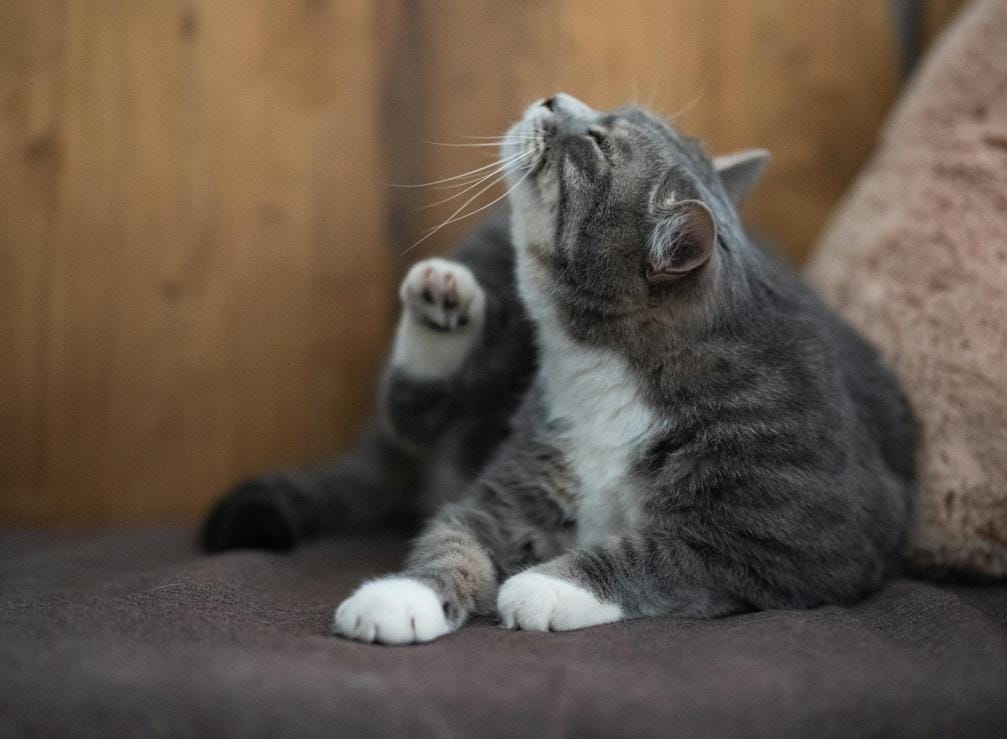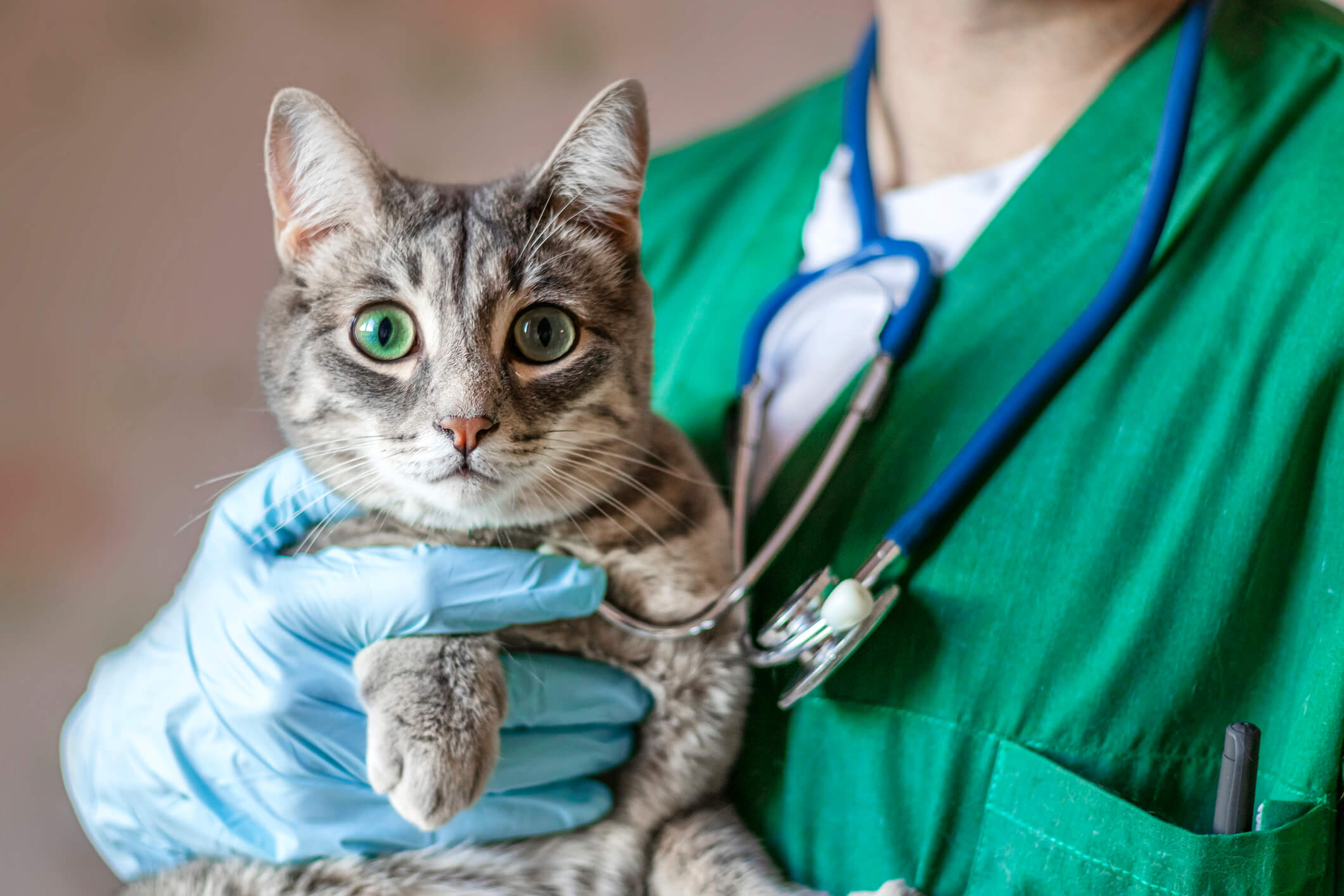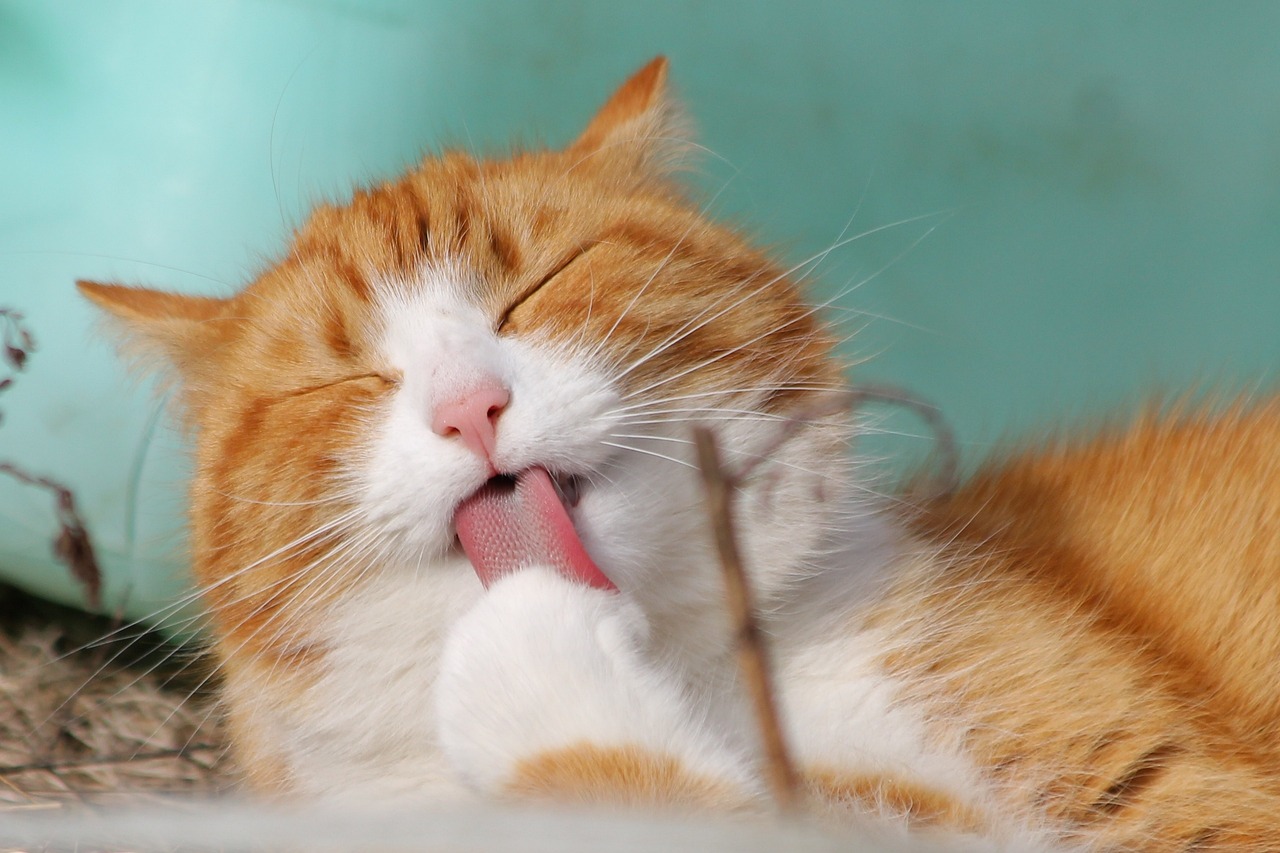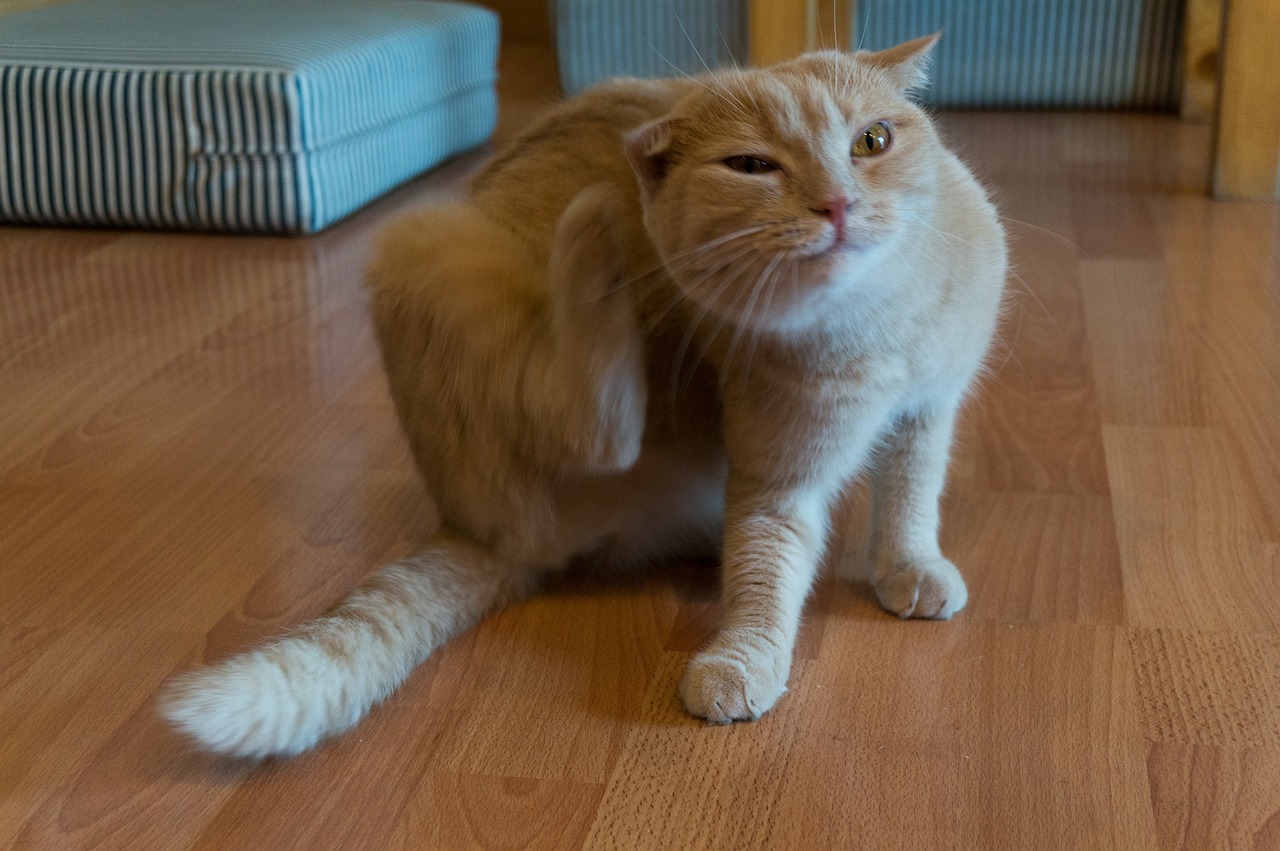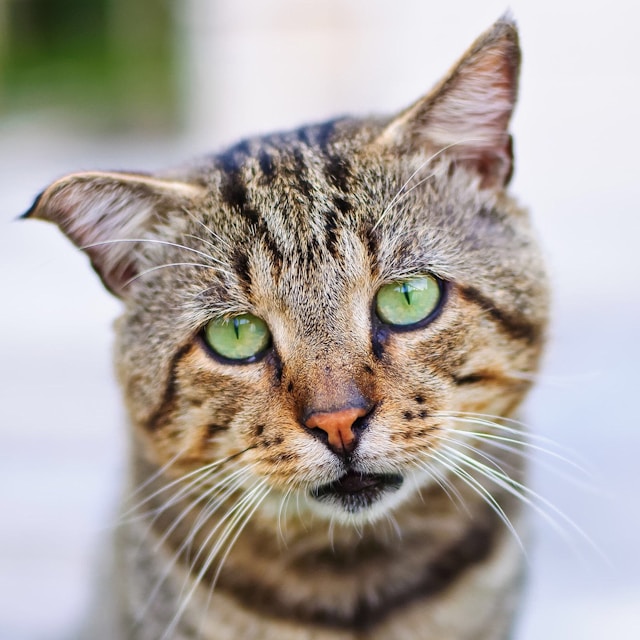Egyptian Mau
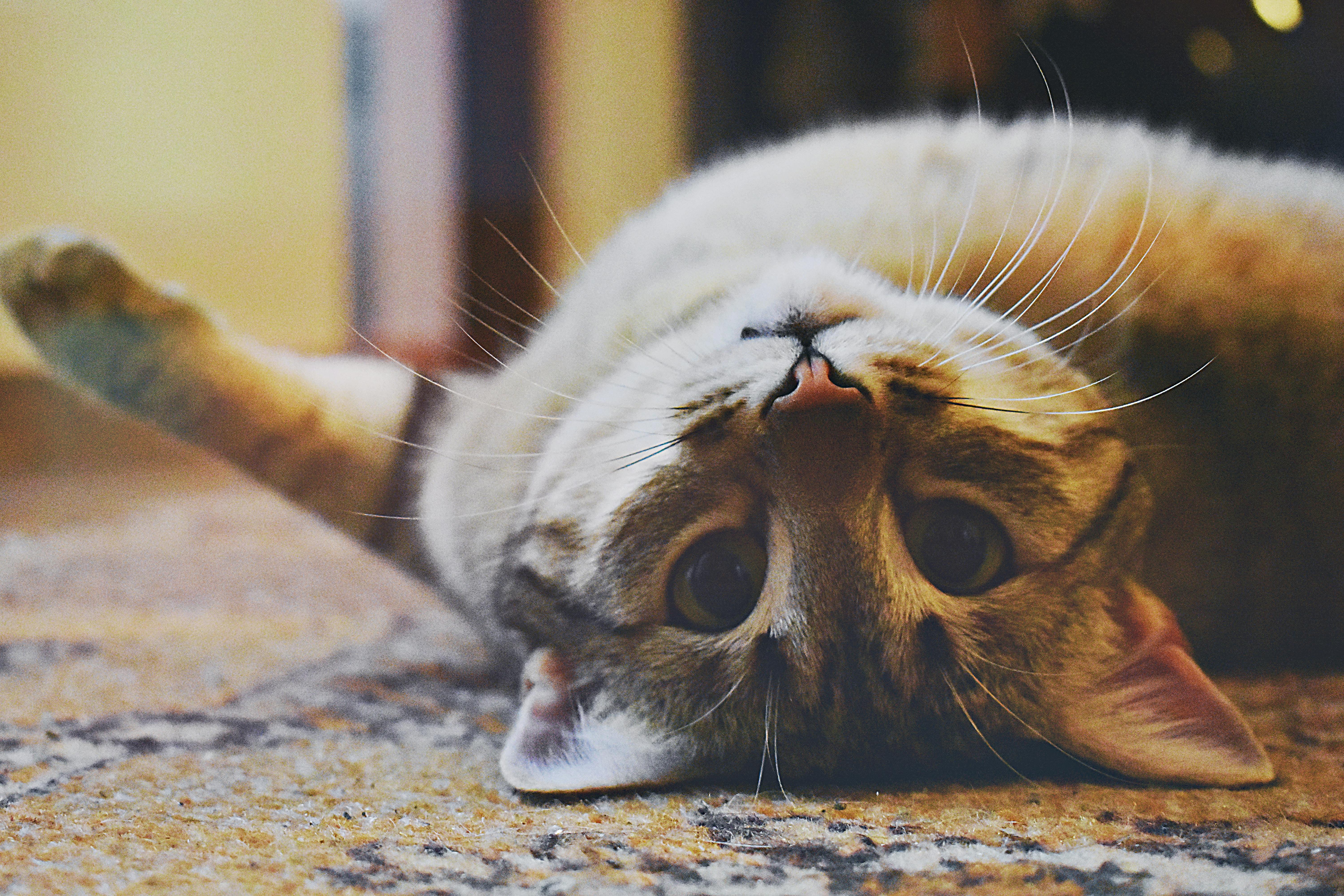
| OFFICIAL NAME | Egyptian Mau |
| COMMON NAME | Egyptian Mau |
| PET HEIGHT | 7 to 11 inches |
| PET WEIGHT | 8 to 12 pounds |
| LIFESPAN | 9 to 13 years |
| GOOD WITH | cats, children, families, seniors |
| TEMPERAMENT | affectionate, sociable |
| INTELLIGENCE | high |
| SHEDDING AMOUNT | normal |
| PLAYFULNESS | high |
| ENERGY LEVEL | active |
| VOCAL LEVEL | when necessary |
| COAT LENGTH | short |
| COLORS | black/ebony, blue/gray, chocolate/brown/sable, lavender/silver |
| PATTERNS | tabby |
| OTHER TRAITS | easy to groom, friendly toward humans, strong loyalty tendencies |
This breed has a social nature that begs for engagement and activity, and it is both elegant and brilliant. Admiring images of cats in ancient Egyptian art is like peering into the past of the Egyptian Mau. The Cat Fanciers Association (CFA) recognizes this breed, which is unique because it is the only naturally occurring domestic cat breed with spots.
The Egyptian Mau has an eye-catching appearance that draws attention to itself. It has a glossy coat with sophisticated spots and captivating gooseberry-green eyes. This breed catches people's attention because of its uniqueness and beauty, transporting one to bygone eras.
Egyptian Mau Appearance
Like the ocicat, the Egyptian Mau is distinguished by her spotted coat. However, in contrast to the ocicat, selectively bred for appearance, the Egyptian Mau's spots appeared independently over time.
These cats have a muscular build and a long, lean body type, making them resemble real athletes. Their poised stance makes them appear constantly on tiptoe because their hind legs are slightly longer than their front legs. Their physical characteristics and an extra skin flap extending from their flank to their rear knees render them the swiftest breed of domestic cats.
Rather than having the common tabby patterns found on many cats, the Mau has its famous spots and a dark stripe running down its back from head to tail. Silver, bronze, smoke, black, caramel, and blue/pewter are the six color variations in which Egyptian Maus display their spots; the latter are the rarest. Their heads are marked with a "scarab beetle" shape on the forehead or the more common "M" shape, especially in North American maus. Their heads are slightly elongated. Their almond-shaped eyes are remarkably bright green, and their ears are broad at the base and spaced widely apart.
Egyptian Mau Personality
Aside from their intelligence, these cats are renowned for being friendly, affectionate, and devoted to their human family. They have an independent side that lets them be content to be alone at home for long periods without feeling too bored or lonely, even though they frequently enjoy cuddling with their loved ones. Egyptian Maus are lively and enjoy playing with a variety of toys. They occasionally use meows and purrs to communicate with their family.
They tend to be highly protective of their people and possessions, wanting items to stay in familiar places. These intelligent cats can pick up tricks and appear to know when food or playtime is called. They are active animals who enjoy doing everyday business, exploring, and spending time with their family, even in small doses. A fulfilling day filled with excitement and discovery guarantees restful sleep that night.
The Egyptian Mau is the perfect friend for the whole family. When studying, they are just as happy to unwind at the kids' feet as they are to play with them. They will gladly spend the night at the foot of the bed while everyone else sleeps, and they adore curling up on the couch for movie nights.
Although Egyptian mauds get along with other animals, it's crucial to socialize with dogs and cats early on. They might become hostile toward strange animals if they don't receive this early socialization.
Egyptian Mau Living Needs
There might be better choices than the Egyptian Mau if you're looking for a cuddly lap cat that will lounge around all day. Giving your Egyptian Mau something to do with all of their energy is essential to keeping them happy. These cats are fit and energetic; they long for opportunities to play and exercise with their humans, such as climbing trees and using cat wheels. They can also be trained to walk while wearing a harness, which they find enjoyable, for safe outdoor exploration.
Egyptian muskrats like to look around from above, so providing them with high perches like cat trees, shelves, or hammocks is a good idea. They might make their perches on bookshelves or refrigerators if you still need these.
Egyptian Maus are friendly and love their family's attention. Still, they are also self-sufficient enough to function independently for extended periods. If you've gone a lot, consider getting another pet to keep them company and avoid separation anxiety. Suppose they don't receive enough attention and stimulation. In that case, they might start acting out to get attention, like scratching furniture or toppling things.
Egyptian Mau Care
Although Egyptian Maus don't shed much, they aren't considered hypoallergenic and require little grooming upkeep. Brushing them once or twice a week helps control shedding. It also improves your relationship with them because they genuinely love being brushed.
When you bring an Egyptian Mau kitten home, ensure it has a comfortable bed, bowls for food and water, and a clean litter box. Egyptian Maus don't require a diet tailored to their breed, but it's best to feed them high-protein cat food with all the nutrients they need for good health. Egyptian Maus are suitable for free-feeding because they typically graze throughout the day rather than consume substantial meals.
Egyptian Mau Health
According to the CFA, crossbreeding efforts with the Egyptian Mau have effectively minimized most common cat health issues since the 20th century. As they age, this breed is still susceptible to developing diseases like periodontal disease and patellar luxation, but these are not serious health issues.
To maintain its health, make sure your Mau has frequent veterinary checkups. Furthermore, remember to regularly brush her teeth, clean her ears, and cut her nails. These simple steps will help you keep your Egyptian Mau in top condition.
Egyptian Mau Exercise Requirements
Egyptian Maus are incredibly athletic without being excessively boisterous or agitated. They enjoy playing, and they might run around the house to release some energy when they feel like it. But they usually hold back on curtains and furniture, focusing their playful energy on toys instead.
A moderate level of exercise is sufficient for this breed. Keep a few interactive toys around the house and set aside some time each day for playtime. Your Egyptian Mau should be happy and well-executed.
Egyptian Mau Training
Egyptian Maus are highly trainable due to their high intelligence. They can learn skills like fetch, walking on a leash, and responding to calls. Although it's not necessary for them to be devoted and affectionate, training your pet can eventually strengthen your relationship with them.
Egyptian Mau History
An ancient breed with roots in Egypt is the Egyptian Mau. According to The Egyptian Mau Club, a large portion of the art from ancient Egypt that features spotted cats is thought to depict the ancestors of the Egyptian M au that exists today. Despite disagreements over its precise origin, ranging from the Nile basin to some areas of Europe, mau-like cats have been portrayed in art for over 3,000 years.
When Russian princess Nathalie Troubetskoy brought three Egyptian Maus with her during her banishment—first to Italy and then to New York City in 1956—the breed gained more incredible notoriety. Since then, their reputation has grown throughout the world.
The CFA was awarded the Egyptian Mau Championship status in 1977. Breeders and show enthusiasts prize Egyptian Maus for their elegance and beauty. However, they are still rare, with only 200 kittens registered annually.
Egyptian Mau Fun Facts
The CFA claims that "mau" meant "cat" in ancient Egypt.
Egyptian Maus can travel up to 30 miles per hour, making them the fastest domestic cats.
According to the CFA, pregnant Egyptian Maus have the most extended gestation period of any domestic cat, usually 73 days.
Egyptian Maus have been seen jumping as high as six feet straight up thanks to their powerful hind legs.
Get insurance plans with wide-ranging coverage options








